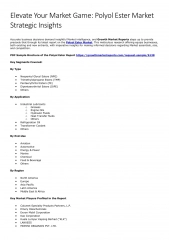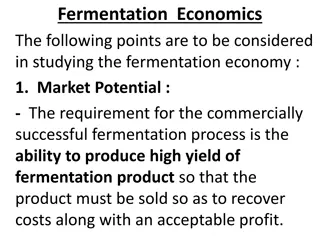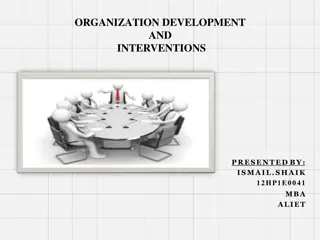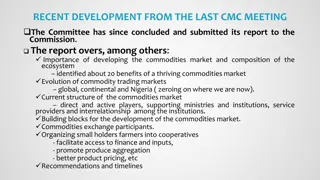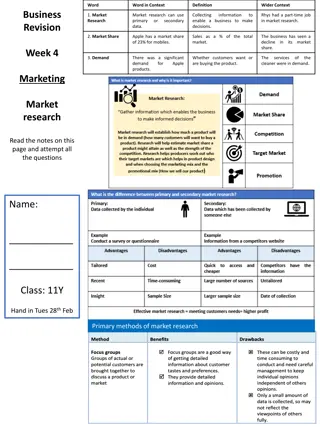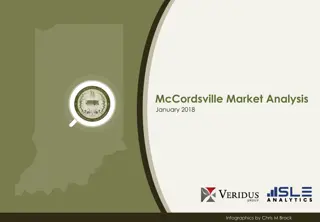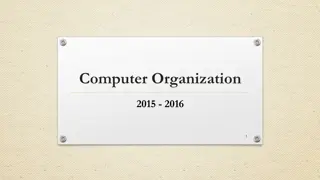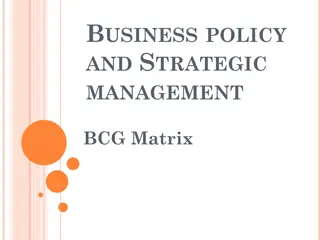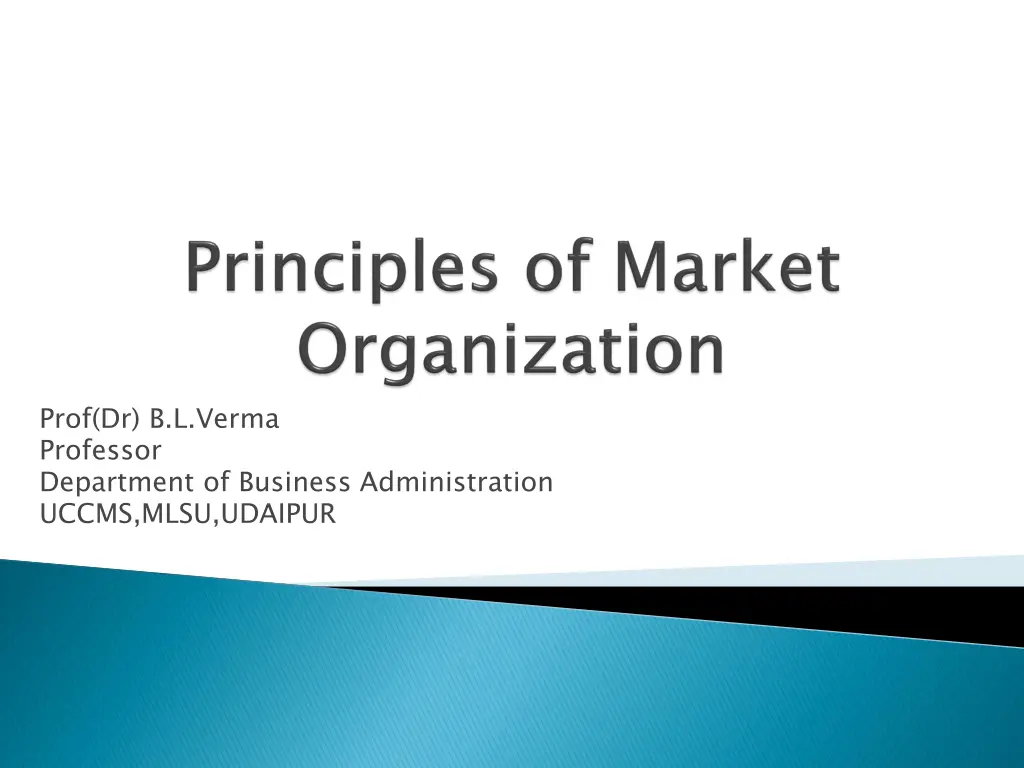
Principles of Effective Organizational Management
Discover key principles of effective organizational management including unity, efficiency, division of work, span of control, scalar principle, and delegation. Understand how these principles contribute to successful organizational functioning and goal attainment.
Download Presentation

Please find below an Image/Link to download the presentation.
The content on the website is provided AS IS for your information and personal use only. It may not be sold, licensed, or shared on other websites without obtaining consent from the author. If you encounter any issues during the download, it is possible that the publisher has removed the file from their server.
You are allowed to download the files provided on this website for personal or commercial use, subject to the condition that they are used lawfully. All files are the property of their respective owners.
The content on the website is provided AS IS for your information and personal use only. It may not be sold, licensed, or shared on other websites without obtaining consent from the author.
E N D
Presentation Transcript
Prof(Dr) B.L.Verma Professor Department of Business Administration UCCMS,MLSU,UDAIPUR
Unity The attainment of objectives is the main purpose of the organizing. An organization and every part of it should be directed towards the accomplishment of objectives. Unity of Objectivity of Objectivity Every member of the organization should be familiar with the common objectives or goals. Thus, the organizational goals, departmental goals and individual goals must be clearly defined.
Efficiency An organization is efficient if it is able to accomplish pre-determined objectives at minimum possible cost. Efficiency An organization must also provide maximum possible satisfaction to its employees and should also contribute to the welfare of the community
Division of Division of work work For the sound and effective organization, the total task should be divided in such a manner that the work of every individual in the organization is limited and the work should be assigned to the right person according to his physical, mental and psychological capacities.
Span Due to limitation of time and ability, no executive can effectively supervise more than a particular number of subordinates. Span of control of control Therefore, every executive should be asked to supervise a reasonable number of executives depending upon his ability, his job, the complexities of duties of his sub-ordinates, the nature and importance of work to be supervised, etc.
Scalar Principle It is sometimes also known as the chain command. According to the principle, the authority and responsibility should be in a clear line from the top to the bottom of the organization. Scalar Principle The more clear the line of authority in an enterprise, the more effective will be communication and responsible decision making.
Delegation The authority delegated to an individual manager should be adequate to enable him to accomplish results expected of him. Delegation Functional The organizational relationships of an individual working on a particular position should be clearly defined so that there is no confusion. The clearly defined duties and authorities of an individual will contribute towards the accomplishment of objectives more effectively Functional Definition duties, Definition responsibilities, authorities and
Authority and Authority and responsibility responsibility It is the tool by which a manager is able to create an environment for individual performance. Thus, the authority and responsibility of each manager and supervisor should be clearly defined. Every manager should be held responsible for the acts of his subordinates as well as his own acts.
Unity of command The subordinates should receive orders from only one supervisor and no one should be accountable to more than one boss at a time. Unity of command This will avoid confusion, disorder and indiscipline. Thus, this principle creates the feeling of personal responsibility and avoids the problems of conflicts
Unity For the sound and effective organization, there must be one head and one plan for group of activities directed towards the same objectives. Unity of of direction direction Co There must be an orderly arrangement of group effort and unity of action and co- ordination of activities at various levels. Co- -ordination ordination
Flexibility The organization structure should be flexible so that it can be easily adjusted to changing conditions. Flexibility The organization structure should permit expansions, mergers and replacements, etc. without disturbing the basic design. Continuity The organization should be so structured as to have continuity of operations. Continuity
Communication For the sound and effective organization, the effective communication is necessary. It is the process of transformation of information from one person to another of different levels. Communication It involves the systematic and continuous process of telling, listening and understanding opinions ideas, feelings, information, views, etc. of employees of the organization.
Simplicity Simplicity For the better communication and co-ordinations, the levels of the organization should be kept as minimum as possible. This principle focuses on the simplicity of an organizational structure.

